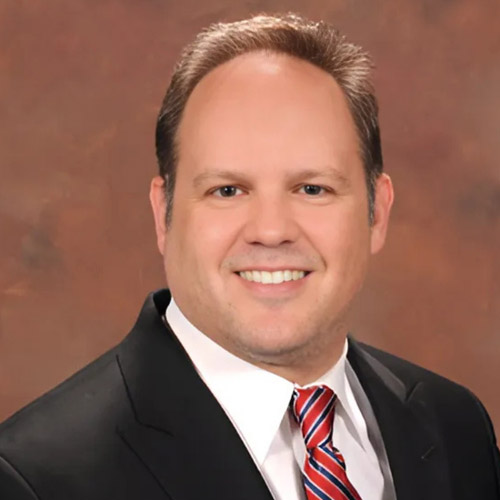AAFP: Malingering in Forensic Evaluations
Presented by: Michael Vitacco, PhD, ABPP

This on-demand professional training program on Malingering in Forensic Evaluations is presented by Michael Vitacco, PhD, ABPP, in partnership with The American Academy of Forensic Psychology.
This program offers guidance on the legal and practical implications of evaluating response styles in forensic evaluations. Several critical aspects of evaluating for malingering in forensic evaluations are reviewed. Specific issues are discussed, including a critical review of diagnostic criteria for malingering from DSM-5, how courts have dealt with malingering, and several commonly used instruments designed to detect feigning. When reviewing the instruments pros and cons of each are discussed with an overview of their psychometric properties. Ethical and cultural considerations are integrated throughout the program with relevance to civil and criminal forensic work.
Upon completion of this training, participants will be able to:
Key topics covered in this training include:
Guidance on the legal and practical implications of evaluating response style
Key aspects of evaluating for malingering in forensic evaluations
Specific issues including a critical review of diagnostic criteria for malingering from DSM-5, how courts have dealt with malingering, and reviewing several commonly used instruments designed to detect feigning
Review the pros and cons of instruments + their psychometric properties
Ethical and cultural considerations are integrated throughout

We are proud to partner with the American Academy of Forensic Psychology (AAFP) for this training. AAFP is a non-profit organization of board-certified forensic psychologists whose mission is to contribute to the development and maintenance of forensic psychology as a specialized field of study, research, and practice. The Academy does this by providing high-quality continuing education workshops, providing a forum for the exchange of scientific information among its members, and conferring awards upon outstanding students and practitioners in the field of forensic psychology.
Palo Alto University, Continuing & Professional Studies (CONCEPT) is approved by, recognized by, or maintains sponsorship provider status with the following boards and agencies. We maintain responsibility for all content in our CE/CPD programs. For more information, visit here.
American Psychological Association (APA): Approved sponsor of continuing education for psychologists.
Association of Social Work Boards (ASWB): Approved continuing education provider (ACE program, Provider #1480), 11/22/2023–11/22/2026.
Canadian Psychological Association (CPA): Approved to sponsor continuing education for psychologists.
National Board for Certified Counselors (NBCC): Approved Continuing Education Provider (ACEP No. 7190).
Palo Alto University, Continuing and Professional Studies (CONCEPT) is approved by the American Psychological Association to sponsor continuing education for psychologists. Palo Alto University, Continuing and Professional Studies (CONCEPT) maintains responsibility for this program and its content. Palo Alto University, Continuing and Professional Studies (CONCEPT), is approved by the Canadian Psychological Association to offer continuing education for psychologists. Palo Alto University, Continuing and Professional Studies (CONCEPT), SW CPE is recognized by the New York State Education Department’s State Board for Social Work as an approved provider of continuing education for licensed social workers #SW-0356 and the New York State Education Department’s State Board for Mental Health Practitioners as an approved provider of continuing education for licensed mental health counselors. #MHC-0073. Palo Alto University, Continuing and Professional Studies (CONCEPT) has been approved by NBCC as an Approved Continuing Education Provider, ACEP No. 6811. Programs that do not qualify for NBCC credit are clearly identified. CONCEPT Professional Training, #1480, is approved to offer social work continuing education by the Association of Social Work Boards (ASWB) Approved Continuing Education (ACE) program. Organizations, not individual courses, are approved as ACE providers. State and provincial regulatory boards have the final authority to determine whether an individual course may be accepted for continuing education credit. CONCEPT Professional Training maintains responsibility for this course. ACE provider approval period: 11/22/23-11/22/26. Social workers completing this course receive (clinical or social work ethics) continuing education credits.